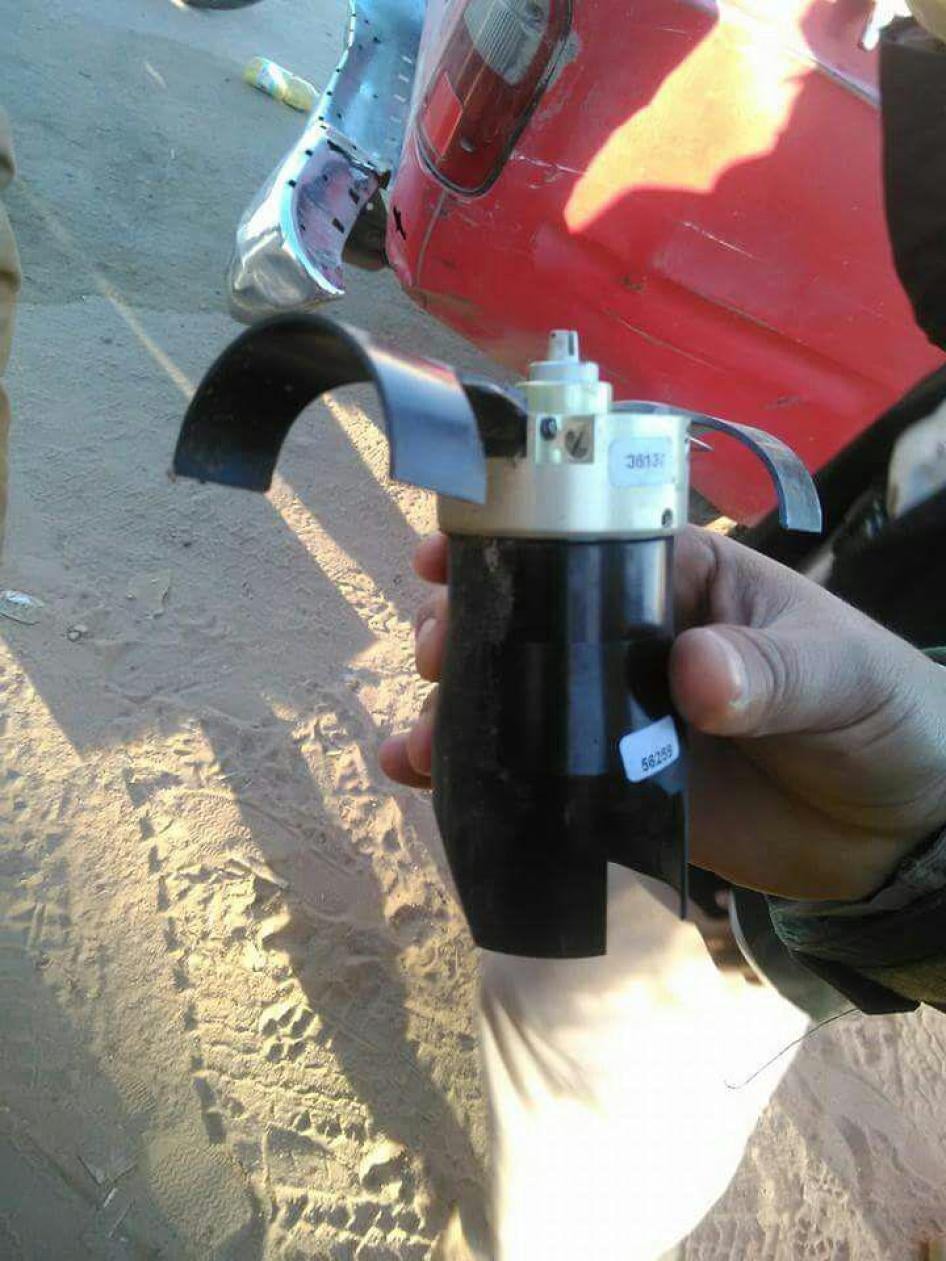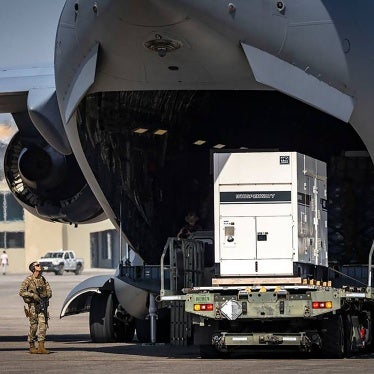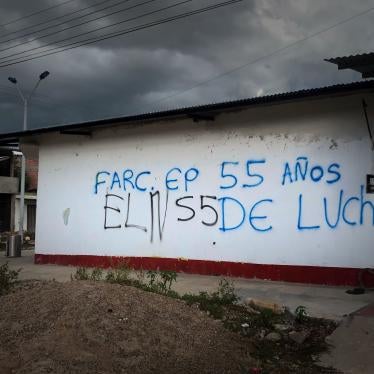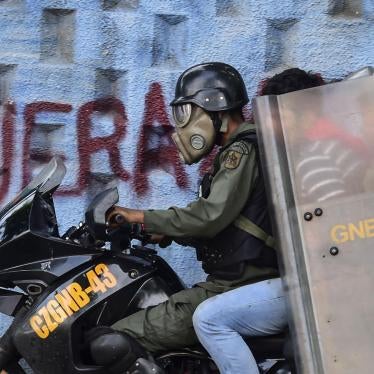On July 7, Brazil along with 121 other countries adopted a new treaty on the prohibition of nuclear weapons, which will open for signature at the General Assembly this September.
In an op-ed this month, Foreign Minister Aloysio Nunes celebrated the achievement, writing that the international community has “a moral and ethical obligation” to protect civilians around the globe from the use of these terrible weapons, the “only ones capable of annihilating life on the planet.”
He’s right. Advancing the legal framework toward banning weapons of mass destruction is truly a victory, and Brazil’s participation in this global effort is commendable. But where some other lethal weapons are involved, Brazil is not living up to the true spirit of that commitment. Brazil should also join the treaty banning cluster munitions.
Take the case of Yemen. According to the UN human rights office, more than 5,000 civilians have been killed and more than 8,500 civilians wounded since March 2015, when a coalition of countries led by Saudi Arabia started an aerial and ground campaign against Houthi forces who had taken control of part of the country and allied forces loyal to the country former president. Since then the Saudi-led coalition has indiscriminately or disproportionately killed civilians, striking schools, homes, hospitals and funerals, including by using widely banned weapons, such as cluster munitions.
On December 6, 2016, the coalition used cluster munitions, striking near two schools in Yemen’s northern city of Saada, killing two civilians and wounding at least six, including a child. Khaled Rashed, one of the witnesses, said “We heard... two sounds of explosions... One louder than the other, and… after that we heard more explosions, smaller, and falling from the sky like embers... It landed everywhere, water tanks over houses.” In late February 2017, the coalition again used cluster munition rockets, this time striking a farm in northern Yemen, wounding two boys.
And this is where Brazil comes in. Photographs taken after these attacks show remnants of a Brazilian-made cluster munition rocket produced by the Brazilian arms manufacturer Avibrás and fragmentation damage consistent with submunitions from a cluster munition attack.
Cluster munitions are widely banned, and for good reason. These weapons contain multiple smaller explosive submunitions that spread out indiscriminately over a wide area. Many fail to detonate and leave a deadly legacy of unexploded submunitions that become de facto landmines, creating an enduring threat to civilians that persists long after a conflict ends.
Because of the harm that cluster munitions pose to civilians, 102 countries have ratified and another 17 have signed the 2008 Convention on Cluster Munitions, which bans the production, transfer, stockpiling and use of these weapons. Brazil has done neither.
Brazilians should be very troubled that cluster munitions made in Brazil are being used in unlawful attacks in the Yemeni war. We should insist that our government commit to ending production and export of these indiscriminate weapons.
Brazil is already a party to the 1997 treaty banning antipersonnel landmines. Why not its sister treaty, which seeks to address the human suffering caused by cluster munitions. Brazil’s moral and ethical obligation to protect civilians should extend to these weapons as well.










